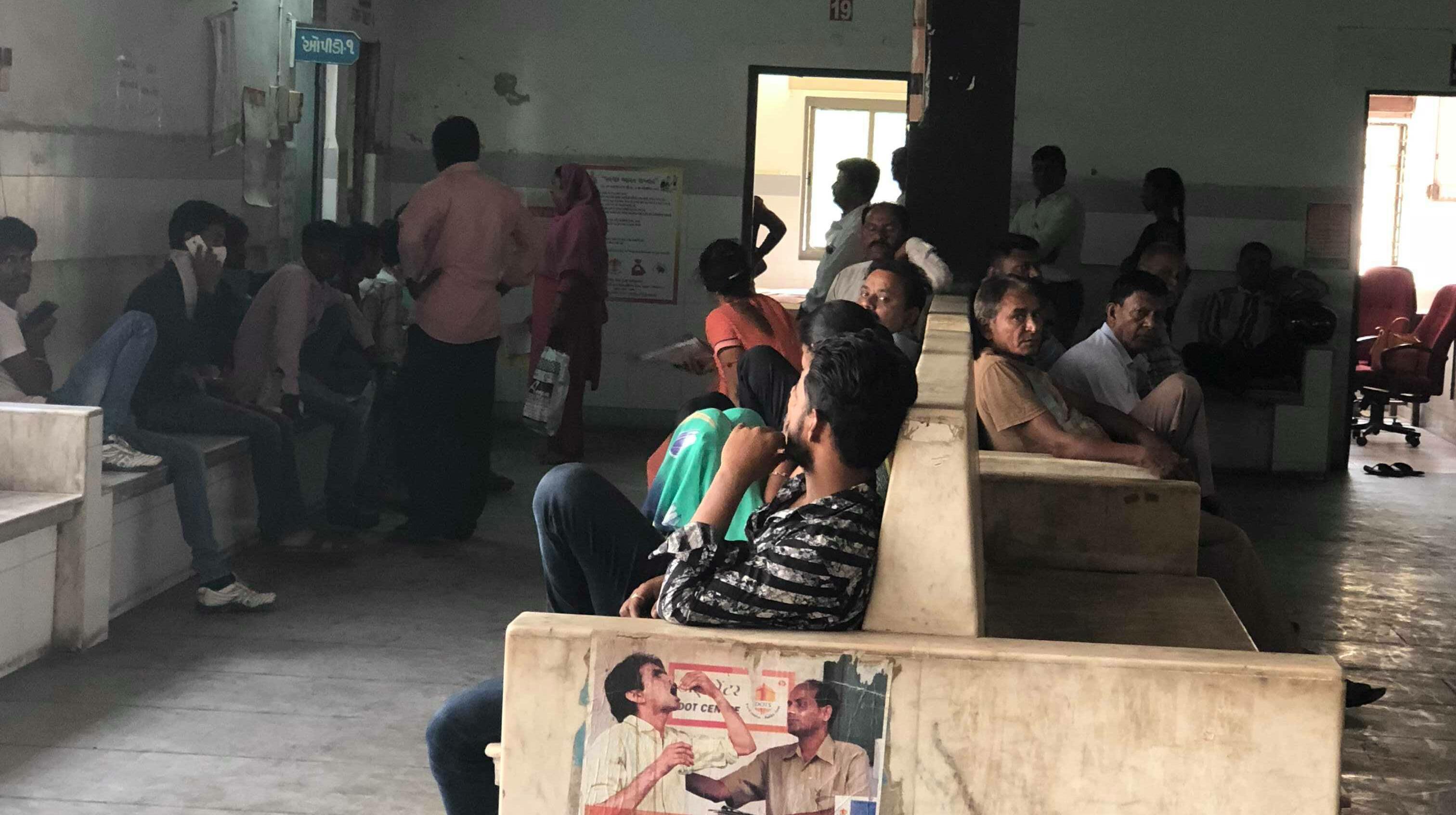
Data collected from two sites in Ethiopia and South Africa show that the shorter 9 to 11 month regimen significantly reduce the cost of treating multidrug resistant tuberculosis for patients and health systems compared to the 20-month regimen. The health system cost reduction per patient is around US$ 1,545 in Ethiopia, a 25% saving and around US$ 1,722 in South Africa, a 21% saving.
LSTM Professor Bertie Squire, co-investigator for the STREAM study and lead for the Health Economics Analysis said: “This is the first phase III trial of MDR-TB treatment that included a within-trial economic evaluation. These results will be very encouraging for national TB programmes as they decide whether and how to introduce shorter regimens for treatment of MDR-TB. It will help them in increasing equity and reducing poverty among affected patients and their families.”
LSTM’s health economist Laura Rosu, who co-led the analysis for the study, said: “The economic evidence presented in our paper will be crucial for health policy and practice decisions and it shows the importance of economic evaluation in trials. Besides the health system perspective, the patient perspective is also important and should always be considered by policy makers when adopting new regimens. We have shown that through shortening the regimen significant cost reductions could be achieved.”
The extent to which these savings can be realised, or increased, through programmatic implementation of the 9 to 11 month regimen is dependent on the model of care adopted by national TB programmes. For example, long periods of hospitalisation will increase costs.
The shorter regimen also reduced direct costs to patients, such as transport and food, as it required fewer visits to the health facility during treatment, compared to the 20 month regimen. The reduction was 13 US$ per patient in Ethiopia and 64US$ in South Africa. In Ethiopia, patients on the shorter regimen also reported reduction in expenditure on supplementary food. The cumulative reduction in costs in Ethiopia was about US$ 225 (59%) per patient over the 132-week period of treatment and follow-up. Patients also returned to work earlier on the shorter regimen.
This first stage of the STREAM study was a randomised controlled trial with seven sites in four countries to assess whether a 9 to 11 month treatment regimen for which cure rates were found to exceed 85% during a pilot programme in Bangladesh was as effective under clinical trial conditions as the longer 20 month regimen recommended by WHO. The results showed that the shorter regimen had non-inferior efficacy and comparable safety to the 20-24 month regimen.
The health economic component of the study was conducted by Liverpool School of Tropical Medicine (LSTM) in collaboration with the University of Warwick, the Medical Research Council Clinical Trials Unit at University College London (UCL) and the Institute of Tropical Medicine (ITM) in Antwerp, Belgium. It was initiated by The Union and sponsored by Vital Strategies.
Stage 2 of the STREAM study is now evaluating the efficacy, safety and cost of a 9 month all-oral, bedaquiline-containing regimen versus the 9 to 11-month injectable containing regimen, which was evaluated in Stage 1. Stage 2 began in 2016 and closed participant enrolment in January 2020, having recruited 588 participants. Health system and patient costs, as well as health related quality of life information, are being collected from 7 sites in India, Ethiopia, Uganda and Moldova with initial results expected in 2021.
STREAM Stage 1 was funded by The United States Agency for International Development (USAID), with additional support from the U.K. Department for International Development (DFID).
STREAM Stage 2 is being funded by USAID and Janssen Pharmaceuticals, the maker of bedaquiline, with additional support from DFID.
WHO Bulletin: Economic evaluation of short treatment for multidrug-resistant tuberculosis, Ethiopia and South Africa: the STREAM trial http://dx.doi.org/10.2471/BLT.19.243584